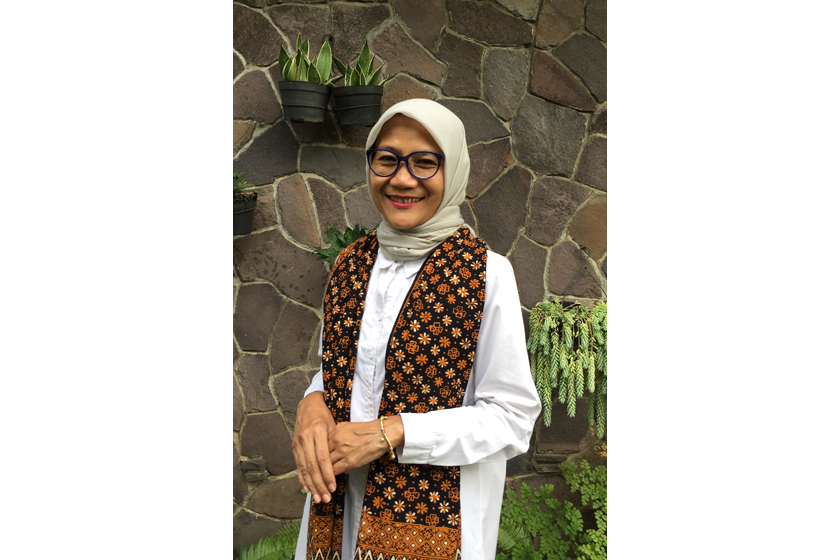11 February 2025
Join our Australian Alumni Grant Info Session!
Are you an Australian alumnus or Australia Awards in Indonesia scholar who want to strengthen your A... Read more
The Australia Awards are prestigious, transformational scholarships and short courses offered to emerging leaders for study, research and professional development in Australia

28 May 2021
 Strengthening Women and Youth Fisherfolks Livelihood during the COVID-19 Pandemic
Strengthening Women and Youth Fisherfolks Livelihood during the COVID-19 Pandemic
Project leader: Mrs. Tri Wismiarsi
Level of education and university: PhD, Monash University
Collaborating Organisations: Serikat Nelayan Indonesia (SNI) or Indonesian Fisherfolk Union, Monash University
Project Location: Jawa Barat
Activity Type: Capacity building, mentoring or coaching
Sector: Activity Type
Project Rationale:
The traditional fisherfolks are marginalised people, especially those who live in the coastal area of Cirebon. It has been reported that 2.7 million fisherfolks in Indonesia contributed to 25% of the national poverty rate in 2017, as the majority of them live on the poverty line (Indonesian Traditional Fisherfolk Association or KNTI, 2020). Moreover, around 53% of families in coastal areas live below the poverty line. The national socio-economic survey shows that the distribution of poor households by city/district/regency rate above 10% are in Tasikmalaya, Indramayu, Kuningan, Cianjur, Cirebon and Bandung city.
Cirebon Regency is a producer of rajungan or blue swimming crab. Blue swimming crab (BSC) is one of fish species in Indonesia with export markets including the US, Europe and Australia. Before the COVID-19 pandemic, crab processors or manufacturers could export 32 metric tonnes of crabs a month. However, during the COVID-19 pandemic, they ship only 15 to 16 metric tons, a 50% decrease from normal sales. This is due to the closing of many restaurants and export restriction policies in various countries, such as the US and China (Widyastuti, 2020). A total of 26,675 households of fisherfolks were affected by the COVID-19 pandemic, both because of the very low prices of fish and closure of export markets (Efrizal, 2020). In addition, the policy of closing several areas also affects the absorption of fishery products. Therefore, fisherfolks in various areas face a hard time in selling fish and getting a fair price.
The crabs caught by fisherfolks are normally purchased by crab processing manufacturers, but the price is very volatile depending on export supply and demand. Most of fisherfolks do not know the export quality requirements. They want to know the export requirement, hence they will only supply the crabs which meet export quality. In addition, they want to increase the added value of the crabs they catch by processing the crabs before selling them to the manufacturers.
The impact of COVID-19 is felt by women fisherfolks who contribute to the household economy through their micro-businesses, such as fish-based food. The Ministry of Cooperatives and SMEs indicated that there were more than 40,000 Micro and SMEs that were seriously affected by the COVID-19 pandemic, and 52% of them experienced a decrease in sales.
Project Beneficiaries:
Priority Development Area:
Economic institutions and infrastructure
Link with Australian organisation:
Monash University
Share this project on:
 Related Project Profiles
Related Project Profiles
This website uses cookies to improve your website experience. We may also use cookies to analyse website data so that we can improve our online services. To find out more visit our privacy policy.
